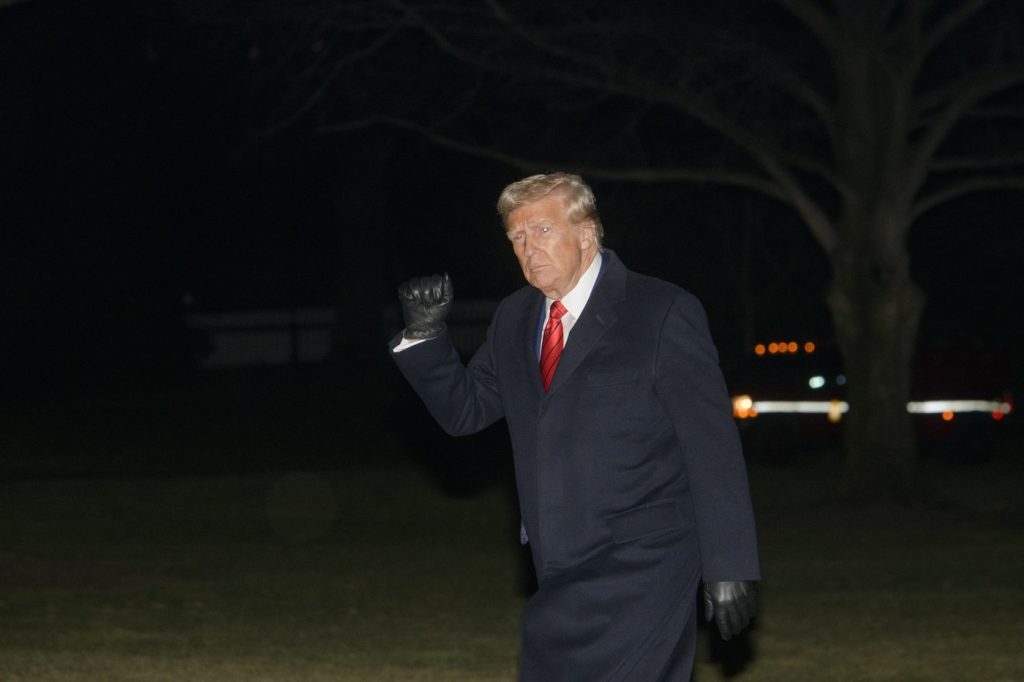President Donald Trump has officially filed an appeal against his conviction related to hush money payments, making history as the first person with a criminal record to win the presidency. This appeal was lodged on Wednesday with the state’s mid-level appeals court, aiming to overturn a verdict from May that found Trump guilty on 34 counts of falsifying business records.
The charges stem from an alleged scheme to conceal a $130,000 hush money payment to adult film actress Stormy Daniels during Trump's 2016 Republican campaign. The case stands out as the only one of Trump's various criminal cases to reach trial. The Manhattan district attorney's office was responsible for prosecuting the case, and Trump's legal team is now seeking to challenge the legitimacy of the conviction.
By submitting a notice of appeal, Trump's lawyers have initiated the appeals process in New York. They will later provide further details and specific grievances through court filings. In response, the Manhattan district attorney’s office will prepare their counterarguments. As of Wednesday, the office had not publicly commented on the appeal.
For the appeal process, Trump has engaged a new legal team from the prestigious firm Sullivan & Cromwell LLP, led by co-chair Robert J. Giuffra Jr. This change in his legal representation occurred after Trump assigned his two primary defense lawyers, Todd Blanche and Emil Bove, to significant roles in his administration's Justice Department. Giuffra emphasized the appeal's importance for the integrity of the legal system and urged the dismissal of the case, accusing the Manhattan DA’s office of misusing criminal law to target Trump.
Trump received sentencing on January 10, where he was given an unconditional discharge. This means the conviction remains on his record, but he will not face jail time, probation, or other penalties. Despite vowing to appeal, Trump was unable to do so until the sentencing took place. The trial judge, Juan M. Merchan, had previously denied requests to dismiss the case on the grounds of presidential immunity and Trump's subsequent intentions regarding a potential return to the White House.
During his sentencing, Trump described the case as a "political witch hunt," asserting that it was a misuse of government power and an embarrassment for New York. The Manhattan jury found Trump guilty of falsifying business records linked to his real estate business, highlighting accusations that he mislabeled the payments to his former lawyer, Michael Cohen, as legal fees when they were actually reimbursements for the hush money paid to Daniels.
Daniels had threatened to go public about an alleged sexual encounter with Trump that purportedly occurred in 2006, a claim Trump vehemently denies. He and his attorneys assert that the payments were legitimate legal expenses, and Trump expressed disbelief at being indicted over the matter. Furthermore, his legal team contended that Trump’s intention behind the payments was to shield his family from what he deemed false claims, rather than to protect his political campaign.
Importantly, Trump will not be able to pardon himself for this conviction, as it was pursued in state court, and presidential pardons are applicable only to federal offenses. Trump's appeal marks a critical development in an ongoing legal battle as he seeks to clear his name and protect his political future.










